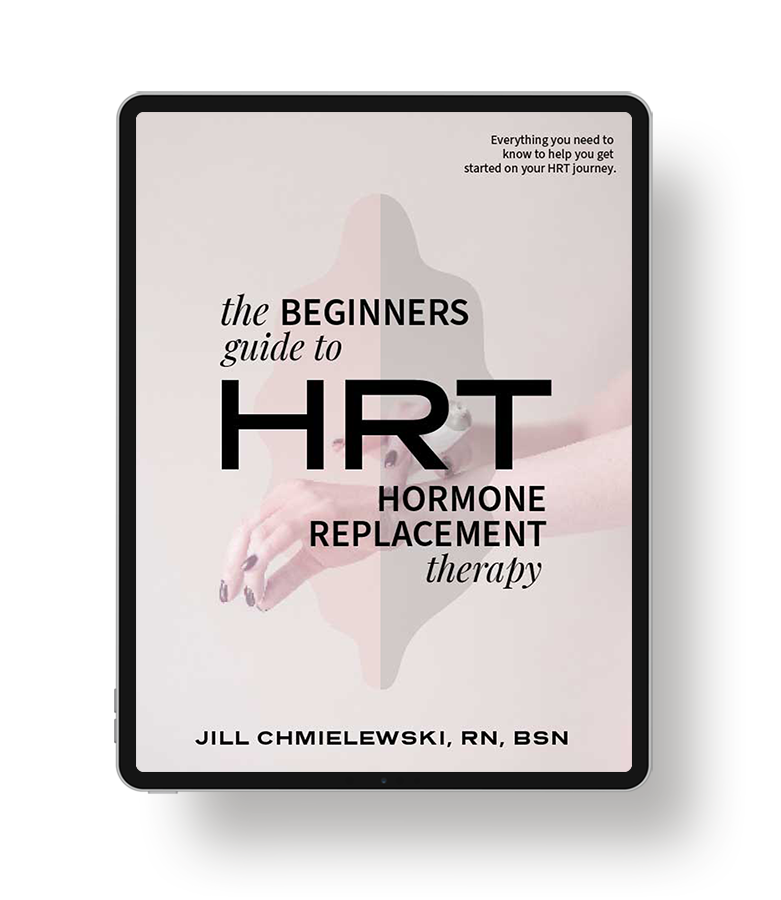If you are a perimenopausal woman and you’ve started to experience menstrual irregularities, try not to panic.
Your period IS likely going to change during the perimenopausal years~ the years leading up to menopause.
The reason WHY?
Because your hormones are changing.
Painless, regular and uneventful periods with little to no cramping or PMS are a sign that estrogen and progesterone are balanced.
Estrogen is responsible for the growth of the uterine lining in preparation for an implanted fertilized egg. Progesterone keeps that lining in check, ensuring that there is just enough growth to get ready for this very important event, but not too much growth so as to put you at risk for uterine cancer or other health issues.
When women venture down the path toward menopause, they go through a series of shifts in their hormones and estrogen and progesterone become imbalanced. Since your menstrual cycle is an indicator of what’s happening in your body (it’s actually considered the 5th vital sign), changes in your menstrual cycle are simply your body’s way of telling you that your hormones are imbalanced.
Perimenopausal women may experience longer periods, shorter periods, heavier periods, lighter periods, skipped periods, or a combination of all of the above. Hormones are changing so your period will change too.
I find that perimenopausal women who complain of irregular periods to their OB/GYN are often met with a panic response ~ their docs often send them for a vaginal ultrasound or biopsy, and a prescription for the birth control pill to “manage their period”.
While there certainly are situations when a vaginal ultrasound or biopsy is warranted, it’s important to keep in mind that hormonal changes are TO BE EXPECTED during perimenopause.
Rather than sounding the alarm bells when your periods start to get wonky, I invite you to get educated about this next chapter in life and to find a practitioner who understands all of the nuances and changes that happen in a woman’s body as they transition through perimenopause to menopause.





